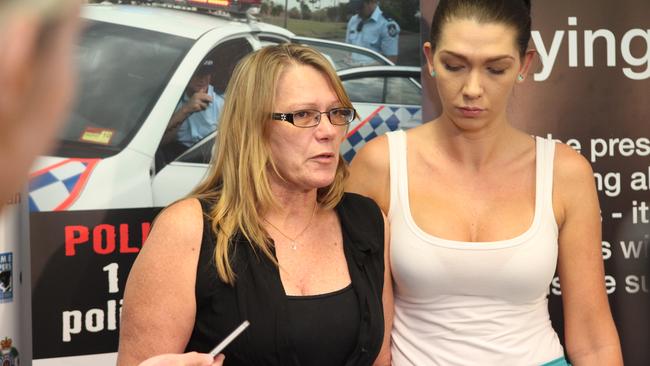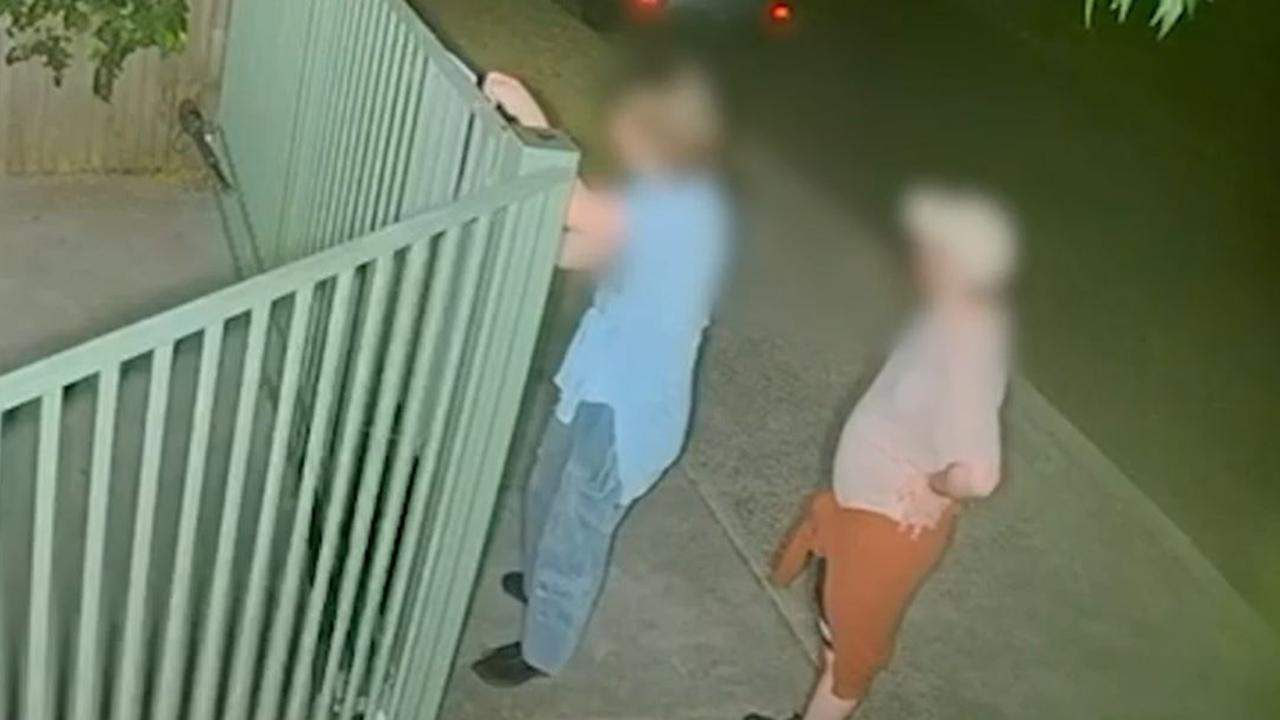Shandee Blackburn defamation claim: Judge rules podcast episode did not seriously harm accused killer John Peros
John Peros’s defamation claim over The Australian’s Shandee’s Story podcast has been torpedoed in the Supreme Court.
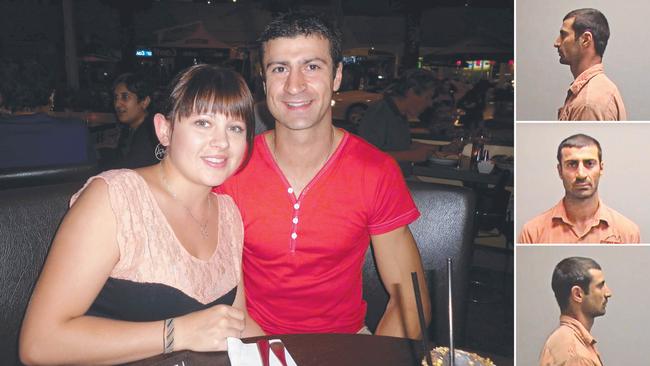
You can now listen to The Australian's articles. Give us your feedback.
Shandee Blackburn’s accused killer John Peros is facing a huge legal bill for his failed claim of being defamed in The Australian’s investigative podcast Shandee’s Story, four years after a coroner ruled he savagely stabbed his former girlfriend to death on the streets of Mackay.
Mr Peros’s defamation action was dismissed in Queensland’s Supreme Court on Tuesday after judge Peter Applegarth found the former champion amateur boxer had failed to prove he suffered serious harm to his reputation.
Justice Applegarth said that “unsurprisingly, the coroner’s finding that the plaintiff (Mr Peros) violently killed Ms Blackburn was widely reported … Those publications have remained online since their first publication”.
He added the mandatory serious harm element in the defamation case required proof of actual harm to reputation.
“The many publications that reported the coroner’s findings, either as a news report or in the context of later reports into the death of Shandee Blackburn, were apt to injure the reputation of the plaintiff among readers and listeners in general. They would be given to understand that the plaintiff had been found by the coroner to have violently killed Ms Blackburn.”
Mr Peros sued Shandee’s sister, Shannah Blackburn, along with Nationwide News as publishers of The Australian and journalist Hedley Thomas over episode 13 of the podcast.
Significantly, Justice Applegarth found the coroner’s findings were admissible in the defamation case.
Extensive earlier media reporting on the coroner’s findings and prior episodes of the podcast were also allowed into the proceedings, with the judge rejecting attempts from Mr Peros’s legal team to keep them out.
By the time the episode at the centre of the case aired, listeners to the podcast’s first 12 episodes would have already reached the view Mr Peros was the killer, despite a jury acquitting him of the murder, Justice Applegarth said.
“The plaintiff has not discharged his burden of proof that episode 13 caused serious harm to his reputation. The appropriate order is that the proceeding is dismissed,” he said.
The judge ordered Mr Peros to pay the defendants’ costs, with his total legal bill for both sides expected to be well in excess of half a million dollars.
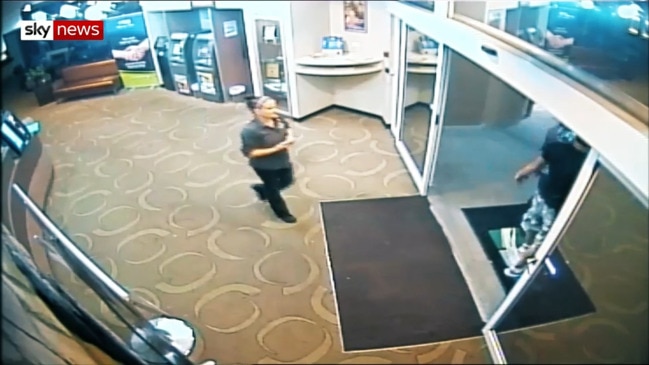
Shannah Blackburn has spoken of the distress the proceedings caused her and welcomed the findings. “It’s a relief. A little win, one of the first we’ve ever had in a court of law,” she said.
A hearing was held in July to determine if Mr Peros suffered serious harm to his reputation from the episode, aired more than a year after a coroner declared he savagely stabbed Shandee, 23, to death in Mackay on Queensland’s central coast in 2013.
If Mr Peros had met the serious harm threshold the case would have continued to a blockbuster trial that was expected to effectively be a murder trial, revolving around whether he did in fact kill her.
Justice Applegarth delivered his findings at 2pm in one of his last actions before retiring.
Shandee suffered 23 stab and slash wounds to her face, neck, chest and arm in a frenzied knife attack as she walked home from work. Mr Peros has denied any involvement and was in 2017 acquitted of the murder by a jury.
Coroner David O’Connell found in August 2020 that Mr Peros had killed Shandee.
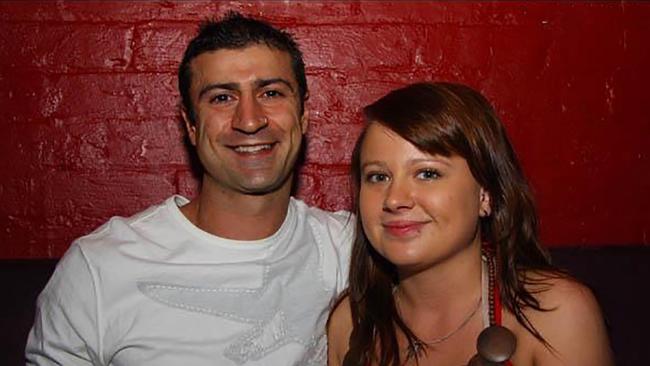
Justice Applegarth said that at the request of parties to the case, he listened to the first dozen episodes of the podcast. A major theme was flawed DNA analysis, he said.
“Dr Kirsty Wright became something of the hero of the podcast by her exposing systemic flaws in the approach undertaken by the government laboratory in testing samples.
“Those episodes exposed extraordinary shortcomings in the analysis of DNA evidence. Listeners to the podcast (I) came to understand, with the benefit of Dr Wright’s analysis and Mr Thomas’ explanations, that the DNA tests were unable to find DNA from the blood samples taken from the crime scene. Another extraordinary matter was that DNA testing did not find any of the plaintiff’s DNA in the cabin of the Toyota HiLux vehicle that he used for many months and did not clean.”
Explaining the difference between the jury’s verdict and the coroner’s findings, the podcast’s first 12 episodes were “critical of various aspects of the prosecution case”. The episodes outlined the prosecution’s failure to “call evidence that was available to it from potential witnesses and from text messages that would have placed the relationship between the plaintiff and Ms Blackburn in a very different light”, he said.
“Episodes 1 to 12 left listeners with the strong impression that the prosecution at the trial was outgunned, outmanoeuvred and outplayed by the superior forensic skills of defence counsel and defence solicitors.
“While parts of some episodes included content that was favourable to the plaintiff … overall episodes 1 to 12 depicted the plaintiff as a deeply troubled individual whose dislike of Shandee Blackburn continued long after the relationship ended.”
Listeners were also “likely to be highly influenced by what was said about the CCTV images of a vehicle that matched the plaintiff’s and which was in the vicinity of where she was killed at about the time she was killed”, he said.
